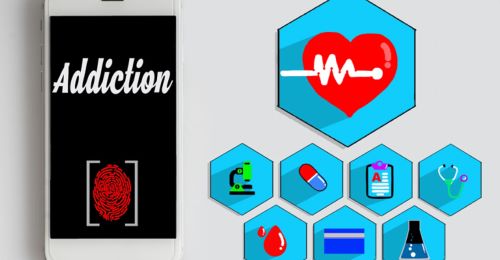

Developing an AI-powered treatment method to weaken heroin or oxycodone cravings.

By Aaron Gifford
Staff Writer
Center for Digital Education
A team of researchers at Syracuse University in upstate New York is exploring how artificial intelligence might supplement opioid addiction treatment by helping patients de-escalate their stress levels.
Professors Dessa Bergen-Cico (public health) and Asif Salekin (engineering and computer science) recruited 25 patients from Crouse Health Addiction Treatment Services in Syracuse last year to participate in their study, along with 50 others representing a healthy control group. The study measured each participant’s respiration rate, heart rate, heart rate variability, skin conductance and temperature; organized the measurements into a data set; then uploaded the data onto smartwatches worn by the participants. The AI-powered watches, which were built by Salekin and two of his doctoral candidates with a grant from the National Science Foundation, also contain sensors that monitor changes in stress level, Bergen-Cico explained during a Nov. 28 interview.
In the coming months, Bergen-Cico and Salekin will monitor the participants and their smartwatches, which have been programmed to respond to elevated stress levels by instructing the patient to engage in “mindfulness practices” such as breathing exercises or meditation.
READ ENTIRE ARTICLE AT THE CENTER FOR DIGITAL EDUCATION


